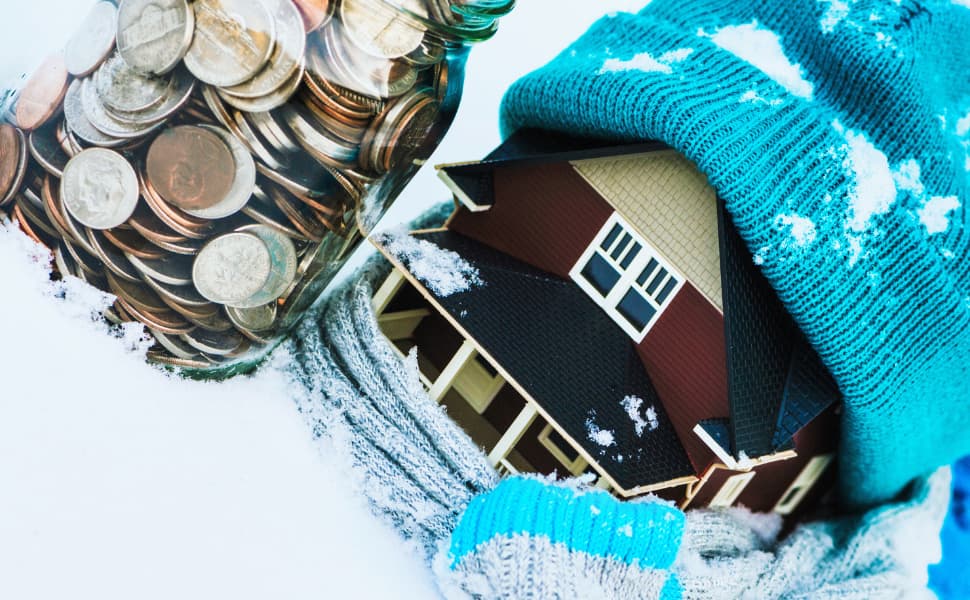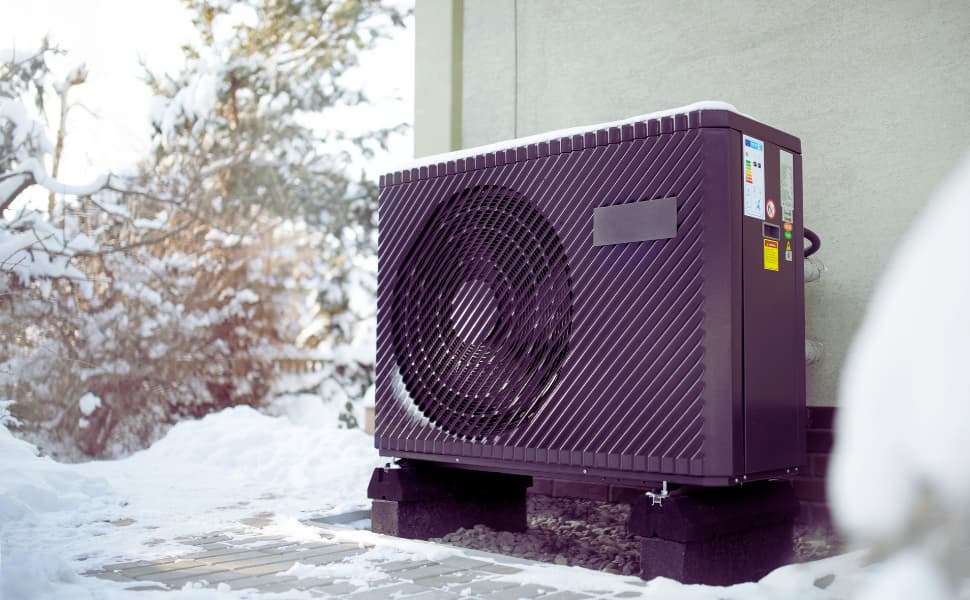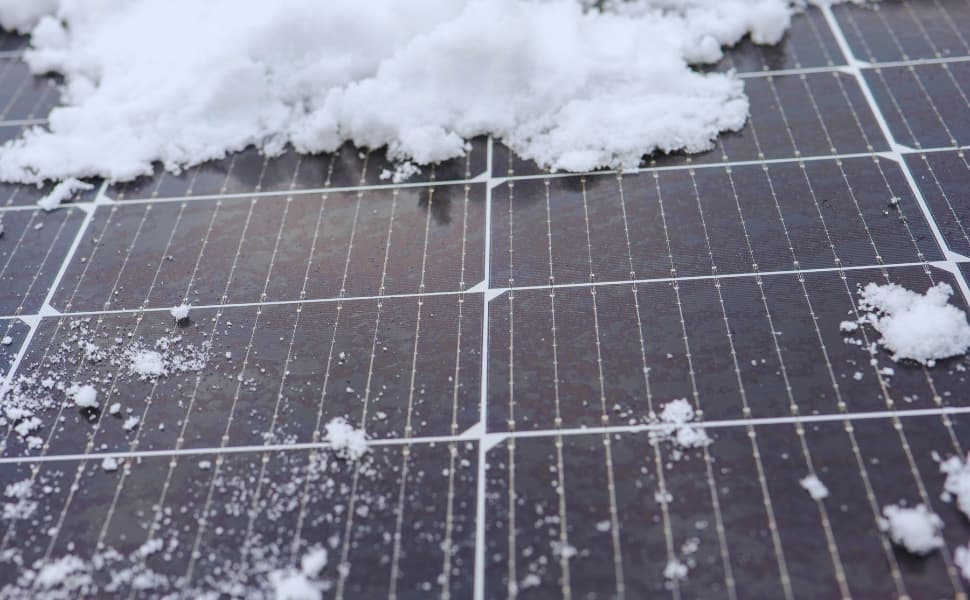As winter sets in across the UK, many homeowners brace themselves for higher heating bills. However, staying warm doesn’t have to mean draining your wallet. With a few practical tips and a focus on energy efficiency, you can keep your home cosy while saving on heating costs. Here’s a comprehensive guide from Heat IQ to help you reduce your heating bill this winter.
Upgrade to an Efficient Boiler
If your boiler is more than 10-15 years old, it’s likely costing you more in energy than a modern, energy-efficient model would. Upgrading to an A-rated gas boiler can significantly reduce energy usage, as these models are designed to convert more fuel into heat with less waste.
Heat IQ Boiler Installation and Servicing: For those in Yorkshire, Heat IQ offers professional boiler installation and servicing, ensuring your boiler operates at peak efficiency. An efficient boiler saves energy and provides a more reliable and consistent heating experience. Regular servicing will also help maintain your boiler’s performance, catching any issues early before they impact efficiency or lead to costly repairs.
Bleed Your Radiators
Air trapped in your radiators can lead to cold spots, so your boiler must work harder to heat your home. Bleeding your radiators is a simple DIY task that can improve their performance. By releasing trapped air, you’ll ensure even heating across your radiators, making your system more efficient and lowering overall energy consumption.
Use a Programmable Thermostat
Investing in a programmable thermostat can be a game-changer for managing heating costs. Set it to warm your home only when you’re there to enjoy it and lower the temperature while you’re asleep or out. Many programmable thermostats offer features like remote control via a smartphone, allowing you to adjust settings even if you’re not at home.
According to the Energy Saving Trust, reducing your thermostat setting by just one degree could save you up to 10% on your heating bill. Every degree counts, so take control of your heating with a thermostat that works around your schedule.
Insulate Your Home Properly
A well-insulated home retains heat, meaning your boiler doesn’t have to work as hard to maintain a comfortable temperature. Loft insulation is a particularly effective way to reduce heat loss, as warm air rises and can easily escape through an uninsulated roof. Similarly, insulating cavity walls can help keep heat within your home, significantly reducing energy usage.
Don’t forget to draught-proof doors and windows. Weather stripping around doors and windows prevents warm air from escaping and cold air from entering, helping to create a snug environment that costs less to maintain.
Keep Your Boiler Serviced and Maintained
A poorly maintained boiler can become inefficient, costing you more heating bills. Scheduling an annual service with a professional provider like Heat IQ ensures that your boiler runs optimally. Servicing not only helps with energy savings but also extends the life of your boiler, saving you from the potential cost of early replacement. During a service, engineers will inspect, clean, and tune up your boiler, ensuring it operates safely and efficiently throughout winter.
Set Up Zones with Thermostatic Radiator Valves (TRVs)
Thermostatic Radiator Valves allow you to control the temperature in individual rooms. For instance, you may prefer the living room to be warmer than the bedrooms. By using TRVs, you can lower the temperature in rooms you don’t use as often, cutting down on wasted heat and reducing your heating bill. TRVs are easy to install and provide a straightforward way to personalise your heating system’s efficiency.
Close Curtains and Use Thermal Linings
Windows can be a significant source of heat loss in winter, so using thick curtains or adding thermal linings to your existing curtains can help insulate your home. Close your curtains at dusk to keep the warmth inside, and consider opening them during the day to let in natural sunlight, which can help warm your home for free.
Monitor Your Heating Habits
Sometimes, the small changes can make the biggest difference. Simple adjustments to your daily heating habits can yield noticeable savings. For instance, avoid heating rooms you rarely use, and turn down the thermostat slightly when you’re layering up with jumpers and blankets.
Another helpful tip is to use hot water bottles or electric blankets as an alternative to cranking up the evening central heating. Little changes in your routine can help reduce your reliance on central heating, lowering your overall costs.
Maximise Heat from Radiators
Ensure that your radiators aren’t blocked by furniture, curtains, or other items, as this can restrict the heat flow and make your heating system work harder. Consider using radiator reflector panels, which are inexpensive and easy to install, to reflect heat into the room instead of letting it escape through the wall. These reflectors maximise the warmth your radiators provide, allowing you to enjoy the full benefit of the heat you’re already paying for.
Consider an Energy Audit
An energy audit or assessment can provide valuable insights into how much energy your home consumes and where you can improve. Many energy providers offer this service, or you can conduct a DIY audit by checking your insulation, heating, and lighting. By identifying problem areas, you can make targeted improvements that will reduce your heating costs.
Embrace Energy Efficiency for a Cosy, Cost-Effective Winter
With the right approach, keeping your home warm and your heating bills manageable is achievable. From upgrading your boiler with Heat IQ to maintaining good insulation and using smart thermostats, each step contributes to a more energy-efficient home. Enjoy the comfort of a warm home this winter without the shock of high bills by applying these practical energy-saving tips.
With some preparation and attention to detail, homeowners can reduce their heating costs and make the most of the winter season.
Related Articles
- Preparing Your Home for Winter
- Tips to Help Make Your Home Feel Warmer This Winter
- How to Wrap Your Pipes Properly This Winter
- Give your Radiators a Little TLC Over the Winter Period
- Safe as Houses? Make Sure your Home Stays Safe This Winter




